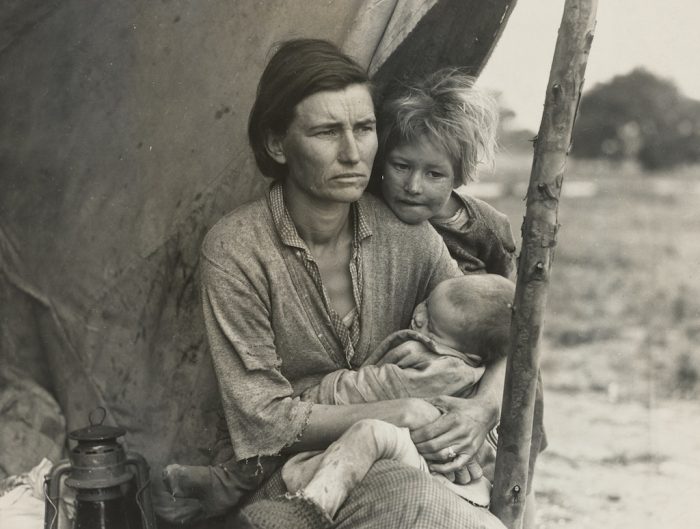Yesterday I watched the movie Brimstone—for the third time.
For the women whose traumas travel from one generation to the next, this movie could be a trigger for them. Beautifully directed—perhaps disturbing for some—Brimstone highlights how long women have suffered from patriarchy.
Every time I’ve watched it, I’ve been deeply moved by the idea of how trauma moves in families. In the movie, we see how Anna has long endured her humiliating husband and ends up committing suicide. Her daughter, Joanna, endures the same pain and also ends her life. Sam, another daughter, grows up to be a strong and determined woman raising her own little girl.
Regardless of the story line to follow in the sequel (if there will be one), I’d like to think that Sam recognized the long feminine trauma that lived in her family. I imagine her breaking the pattern and creating a new one for her own little child.
It’s the ending I wish for all of us.
Anna, Joanna, and Sam’s story is our story. We all suffer from family traumas even if we don’t recognize them yet. It might be the father who has passed down wounds to his own son or daughter.
In this article, I choose to tackle my own experience: the traumas that come from our mothers.
To start off, our mothers might be oblivious to the wounds they’re passing down. It has started sometime in the family’s history when women were oppressed or not treated well, and it has continued. From the grandmothers to the mothers, and then to the daughters. A painful pattern, that hasn’t been healed, lives on.
So, what is this pattern of wounds? It might consist of different ideas that our grandmothers long had: unmanaged emotions, wrong choices, codependency, self-blaming, feeling like a victim, and so on.
My mother has always been honest and open about her past and present wounds with me. She has also told me about her mother’s and grandmother’s pain. Growing older, I’ve had my own wounds and traumas. Nevertheless, I never made a connection—until recently.
For the first time, I could see the similarity between my experiences and theirs. I wasn’t disturbed. I wasn’t ashamed. I realized what I share with these women’s history, besides our bloodline. A whole set of troubling choices and unmanaged emotions join us together, and now’s the time to cut the pattern.
I paused for a moment and asked myself, “What am I passing on to my future children?” The answer is the combination of different actions that I’m taking today.
I am lucky enough to have a good relationship with my mother, so we have chosen to heal simultaneously. Together, we decide not on the person we want to become, but the person we will no longer be.
What are the wounds that have long existed in your family?
What is a common toxic behavior that you have with your mother?
Gather all the information you need and start the healing process.
You can even do the healing alone if you wish. Whether you do it by yourself or with your mother, you need to choose happiness, worthiness, confidence, and strength. When you choose them, you break the pattern of unresolved pain in your family. You don’t just do good for yourself, but you also pay tribute to all the women from your bloodline who have suffered.
We heal when we don’t repeat history. We become happy when we don’t control our mothers or expect them to be someone they’re not. Let’s give ourselves and our mothers the chance to recreate history.
Most importantly, we must forgive. The wounds we have are not always intentionally given to us. Our parents have raised and loved us in the best possible ways. Remember that they also suffer from what they have passed down to us—their pain is bigger only because they have lived with it for longer.
Let’s break it.
~
Relephant:









Read 11 comments and reply